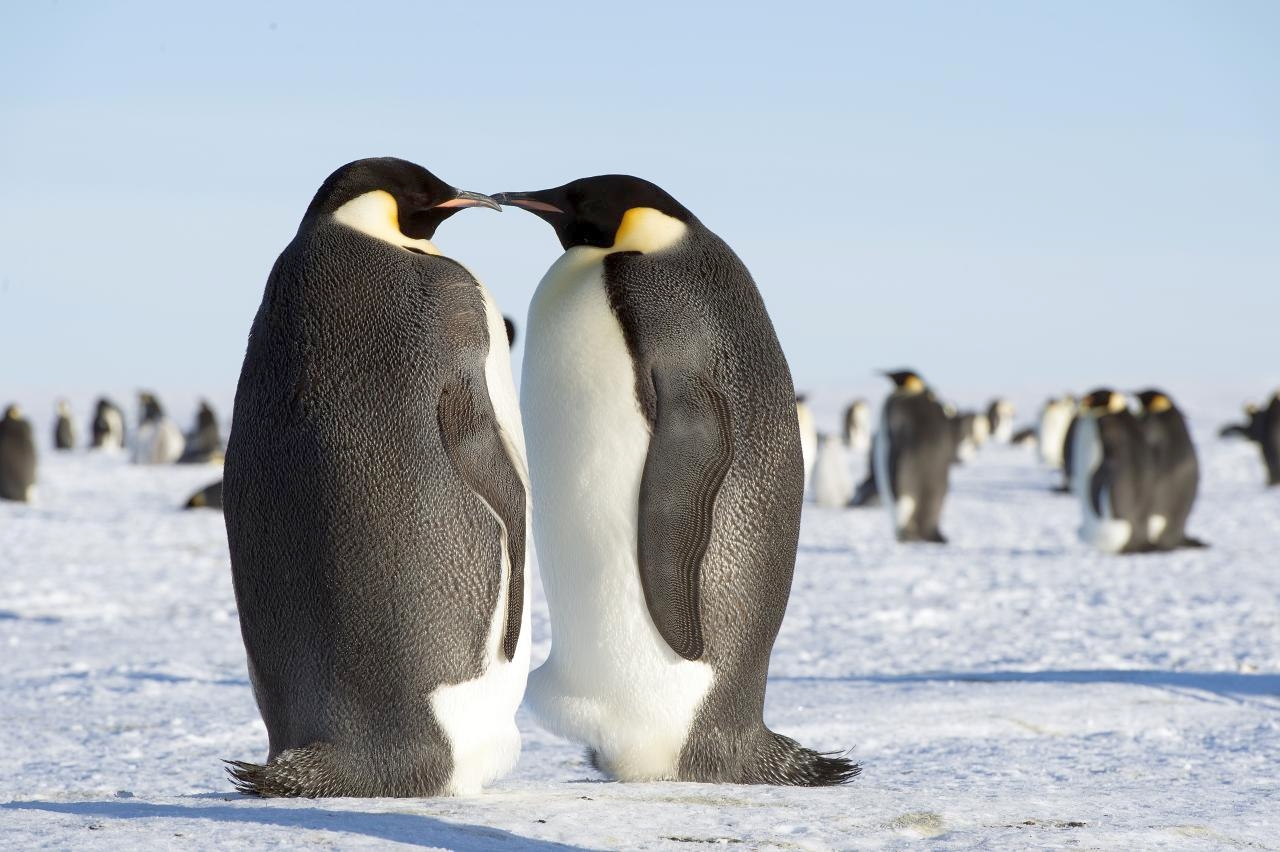The Last Untouched Wonder: The Story Of Antarctica

As one of the last untouched wonders of the planet, a visit to Antarctica is an inevitably large “tick” off anyone’s bucket list. Paradoxically, this unstirred mystique has caused a stirring spike in tourist arrivals. From 2013 – 2014, the exotic and frozen tundra saw over 37,000 visitors arriving to tour Antarctic waters for pleasure on boats carrying anywhere between 5 to over 2,000 passengers. This is quite a lot, considering the continent has never been home to a native human population.
A Peaceful (And Therefore Brief) History
Despite the hubbub from Western society exploring the Americas in the 1400’s, it wasn’t until 400 years later that anyone set foot on the southernmost continent. While the Imperial Russian Navy sent fleets of admirals to scour the Far South, the discovery of Antarctica credits the same way as that of the Americas: with someone getting lost while looking for something completely different. However, instead of searching for the spice route to India, an American ship captain, John Davis, was simply looking for seals when he happened upon an entire continent instead.
From then onwards, Antarctica has carried on a fairly peaceful existence. Even with several countries laying claim to territory and setting up bases in Antarctica (sometimes in overlapping areas), no war has ever broken out over its land.
An international treaty was even signed by both sides of the Cold War in 1959 stating that the continent was to be “an area free from military activity” (if you’re really keen, you can read the full treaty here). When the treaty was signed, all countries simply dropped their Antarctic land claims and accepted the continent as an internationally governed area.
In further effort to preserve the pristine nature of the land, a protocol on environmental protection was added to the treaty because “the Antarctic environment shall be considered paramount when planning and carrying out activities.” So while other countries were creating nuclear weaponry and exploiting fossil fuels, the conservation of Antarctic flora and fauna (with a whole subsection dedicated just to seals) was headlining the entire continent’s priorities.
The Arrival Of The Tourist
The first tourists landed in Antarctica in the 1960’s, and for decades after the continent saw only a few handfuls of visitors per year. It wasn’t for another 30 years that the International Association of Antarctica Tour Operators was founded. This organization lays out guidelines to “advocate, promote and practice safe and environmentally responsible private-sector travel to the Antarctic.”
The association governs which tour companies are allow running trips to the continent and ensures that the 5 commandments of Guidance For Visitors to the Antarctic (Recommendation SVII – 1 from the Antarctic Treaty) are:
1) Protect Antarctic Wildlife
2) Respect Protected Areas
3) Respect Scientific Research
4) Be Safe
5) Keep Antarctica Pristine
Coolest Antarctic Attractions
With many tours still costing upwards of $10,000 (excluding airfare) and ship excursions sailing through some of the coldest and most traitorous waters on the planet, there has to be something worthwhile waiting on the other side. While a lot of territory in Antarctica is still highly inaccessible — even in the milder “summer” months from November to March — there are still plenty of tours that depart from Argentina, New Zealand and Australia. Some of the must-see attractions in Antarctica include the following.
Deception Island
Deception Island was one of the first Antarctic attractions as a popular place for seal hunting and whaling. The volcanic caldera served as one of the first temporary settling points on the continent and even supported a hospital and cemetery (which unfortunately got buried in a volcanic eruption in 1969). Today, the bay serves as a popular location for swimming, diving and kayaking due to the volcanic activity creating more temperate waters in the bay.
Port Lockroy
As part of the UK Antarctic Heritage Trust, Port Lockroy is located on Goudier Island. The port was originally established as an English naval base in the 1950’s. The men stationed at the base conducted Antarctic research, but were mainly stationed to prove that England had a presence in Antarctica while countries were still trying to defend their land claims before the Antarctic treaty was signed.
The extensive two-building base was restored in the 1990’s and now features a post office, gift shop and museum (not to mention that the Port also serves as a home to over 2000 friendly gentoo penguins). Basically, it’s Antarctic tourist central.
Palmer Station
As both an American research station and prime dive site, this place has it all. Located on Anvers Island about midway down the Antarctica Peninsula, the station is part of the Palmer Long-Term Ecological Research study. Its workers are known to be friendly and will often put on presentations about their research in Antarctic marine ecosystems. The real draw though is getting to see these systems in action. Divers can expect to swim with playful leopard seal and penguins — if they can brave the dive in Antarctic waters that is.
If any of these destinations are calling your name with their icy-cool voices, tours are available through the following:
• Quark Expeditions: trips starting from USD $5,495
• Poseidon Expeditions: cruises starting from USD $8,495
• Intrepid Travel: adventures starting from USD $6,400
[Emperor Penguins by Christopher Michel]
/
 Judi Zienchuk has lived everywhere from Southeast Asia to Northwestern Canada. When she’s not galavanting the globe, you can usually either find her on a bike or consuming large amounts of caffeine (maybe even both at the same time). To get more personal, check out her blog, Travvel Sized.
Judi Zienchuk has lived everywhere from Southeast Asia to Northwestern Canada. When she’s not galavanting the globe, you can usually either find her on a bike or consuming large amounts of caffeine (maybe even both at the same time). To get more personal, check out her blog, Travvel Sized.
